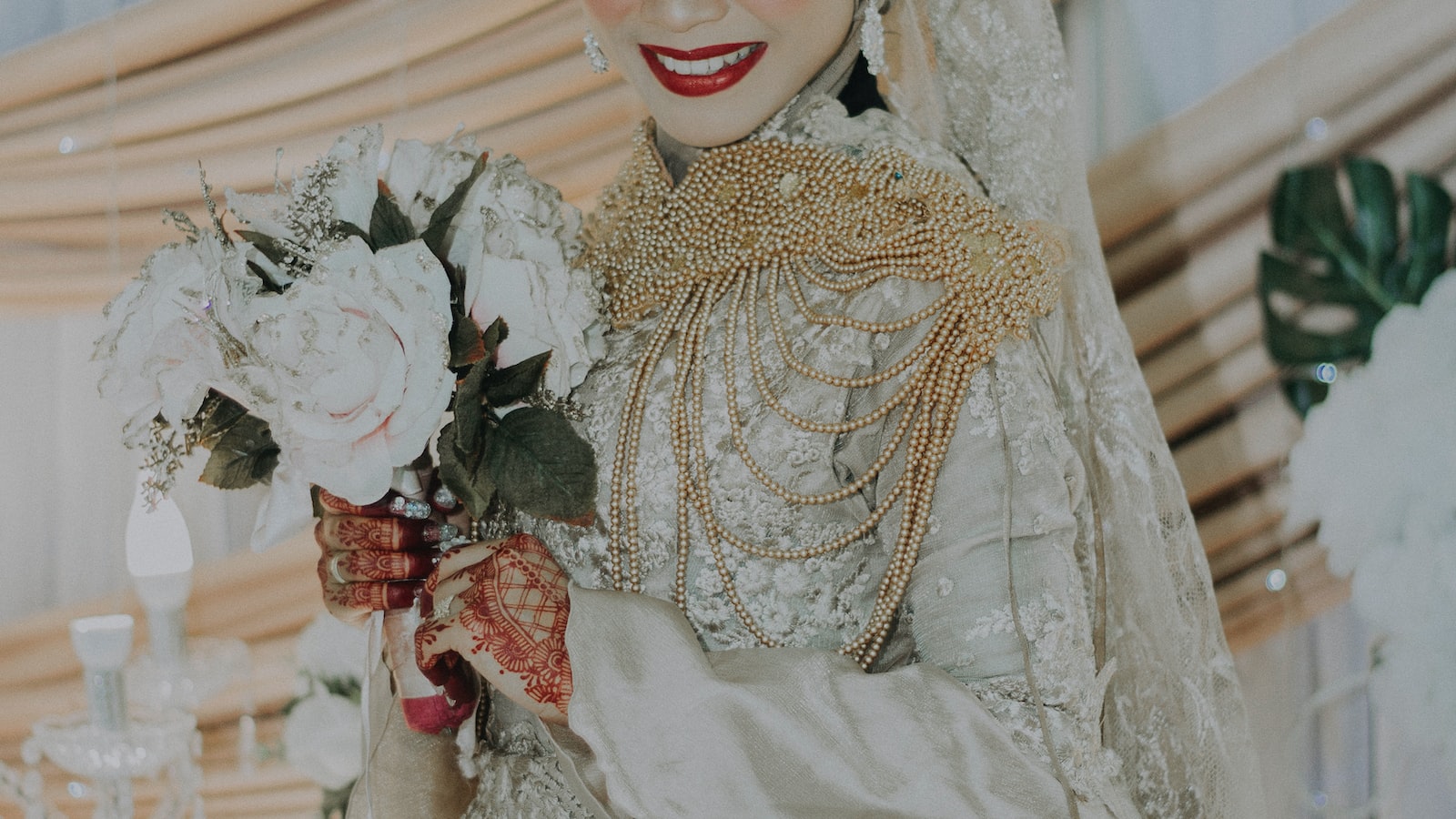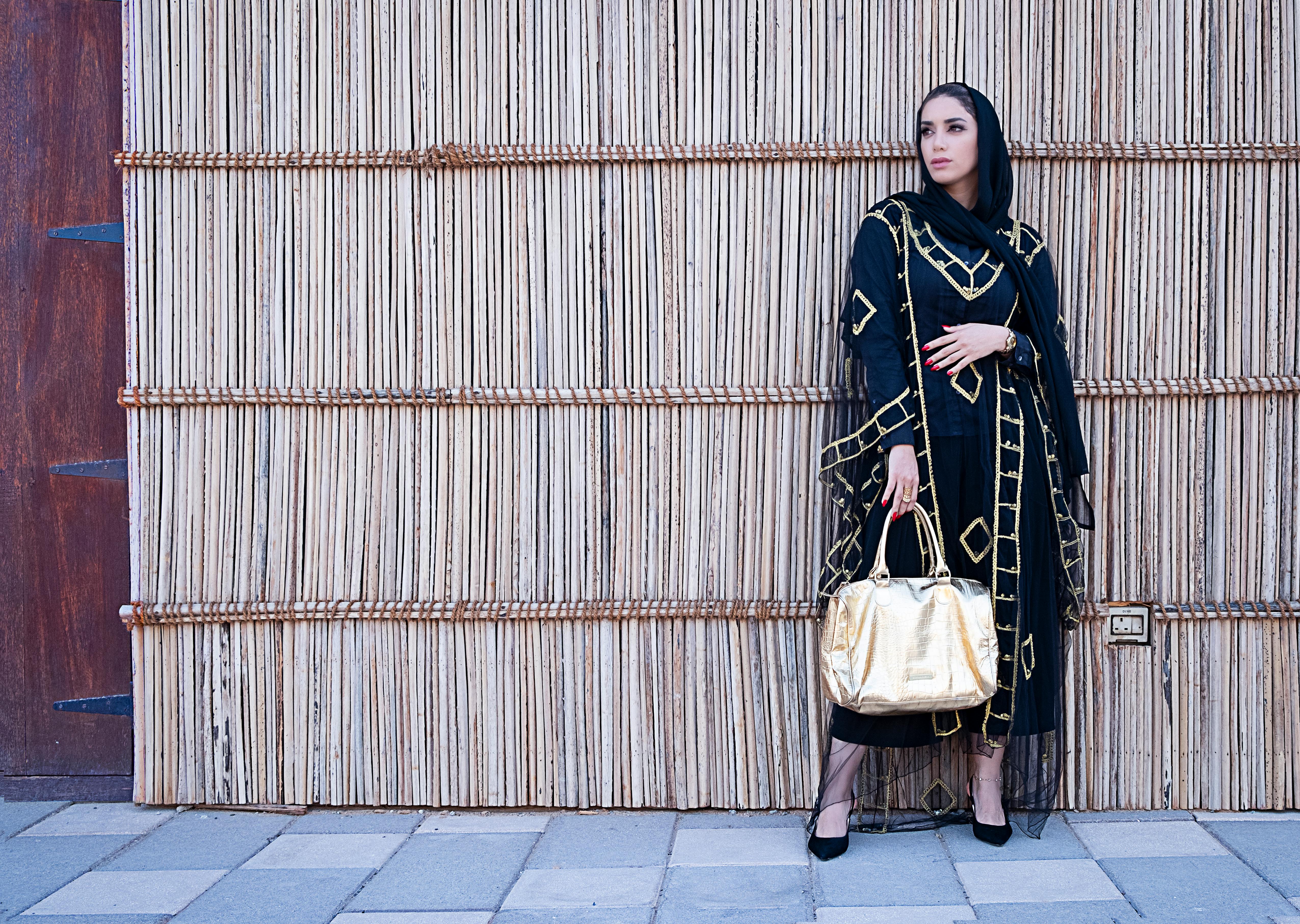Is It Haram To Not Wear Hijab

The hijab is a traditional Islamic garment that is worn by many Muslim women and is widely seen throughout the Islamic world. It is a symbol of modesty, privacy, and protection for Muslim women. However, many Muslims are now questioning whether it is permissible for Muslim women to not wear hijab and whether not wearing hijab should be considered haram (forbidden). In this article, we will discuss the different opinions on this matter and explore whether it is truly haram to not wear hijab.Islamic law states that it is obligatory for a Muslim woman to cover her body, including her head, when in public. This is considered an act of modesty and protection from the eyes of non-mahram males. Therefore, not wearing a Hijab is considered Haram (forbidden) according to Islamic law.
Not Wearing Hijab
The views of different Islamic scholars on not wearing hijab vary widely. Some scholars view it as an act of disobedience to Allah, while others view it as a matter of personal choice. Some believe that wearing hijab is obligatory for Muslim women, while others believe that it is only recommended.
There are some Islamic scholars who believe that Allah has commanded all Muslim women to wear the hijab and failing to do so is a form of disobedience. They argue that the Quran and Hadith both contain passages which clearly state that women should cover their hair and body in public places. These scholars argue that failure to do so is an act of sin and disobedience to Allah, which will have serious consequences in the hereafter.
On the other hand, there are some who believe that hijab should be a matter of personal choice. These scholars argue that while covering up is important for modesty, there is no specific commandment in the Quran or Hadith mandating it for all Muslim women. They say it is up to each individual woman to decide whether or not she wants to wear a hijab based on her own beliefs and religious convictions.
Finally, there are some Islamic scholars who believe that wearing a hijab is recommended rather than obligatory. They argue that while covering up in public can be beneficial for modesty reasons, there are other ways for Muslim women to maintain their modesty without having to wear a hijab such as dressing modestly or avoiding unnecessary conversations with strangers. These scholars also point out that hijab has become more of a cultural symbol than a religious requirement in many places, and so it should be left up to each individual woman’s discretion whether or not she chooses to wear one.
Overall, there is no single opinion among Islamic scholars about whether or not Muslim women should wear hijabs; opinions vary widely based on individual beliefs and interpretations of religious texts. Ultimately, it comes down to each woman’s own personal choice about what she feels comfortable wearing or not wearing in public.
Religious Beliefs
One of the main reasons people may choose not to wear hijab is because of religious beliefs. Some people may not believe it is a requirement for women to cover their hair in Islam, or may have other personal beliefs that differ from traditional interpretations of Islamic law. It is important to remember that everyone’s beliefs and practice of Islam are different, and no one should be judged or criticized for their faith.
Cultural Practices
In some cultures, hijab is not traditionally worn by women. This means that for some women, wearing a hijab could feel like an alienating experience due to the cultural norms in their communities. Additionally, hijab can be seen as a form of oppression in some cultures, leading some people to reject the idea altogether.
Social Pressure
Social pressure can be another reason people may choose not to wear hijab. In many places, wearing a hijab is seen as an unpopular choice that could lead to ridicule or judgement from peers. This can be especially difficult for young girls and teenagers who are trying to fit in with their peers and feel accepted in society.
Personal Choice
At the end of the day, whether or not someone wears a hijab is ultimately up to them and their personal choice. It is important to respect all decisions made by individuals regarding what they choose—or don’t choose—to wear.
The Impact of Not Wearing Hijab According to Islam
For Muslims, wearing the hijab is an important part of their faith. It is a symbol of modesty and piety, and has a deep spiritual significance. For many, it is also a sign of respect to the teachings of Islam. But what happens when someone chooses not to wear the hijab? What are the implications for them according to Islamic teachings?
In Islam, it is considered compulsory for women to cover their hair and body in order to maintain modesty. This is seen as a way of honoring Allah and showing respect for his commands. Therefore, not wearing the hijab can have serious consequences in terms of faith and spirituality.
The lack of modesty can lead to feelings of guilt and shame, as well as a sense that one is not living up to the expectations set by Islam. This can have an adverse effect on one’s relationship with Allah and lead to feelings of disconnection from their faith. Furthermore, it can also lead to social ostracism from family members or other Muslims who view this behavior as unacceptable.
Another consequence of not wearing hijab is that it may be seen as a sign of rebellion or defiance against Islamic teachings. This could lead to further alienation from one’s faith community and even accusations that one has turned away from Allah’s path. This could be incredibly damaging both spiritually and psychologically, leading to guilt, shame, depression, and anxiety.
Ultimately, while there are no specific punishments laid out in Islamic law for those who do not wear hijab, it is clear that there are consequences associated with this decision which should be considered before making this choice. Not only can it have an impact on one’s relationship with Allah but it could also have social repercussions which could affect both their mental health and wellbeing.
The Meaning and Significance of Wearing a Hijab
The hijab, or headscarf, is a powerful symbol of modesty and faith for many Muslim women around the world. It is a visible expression of faith that can be used to identify the wearer as a Muslim. For some women, wearing a hijab is also seen as an act of resistance against oppressive forces or a way to express their identity. To understand the significance of wearing a hijab, it is important to look at the religious and cultural meanings behind it.
In Islamic teachings, hijab is understood as an act of modesty that is mandated by God. The Qur’an states: “And say to the believing women that they should lower their gaze and guard their modesty; that they should not display their beauty and ornaments except what must ordinarily appear thereof; that they should draw their veils over their bosoms and not display their beauty except to their husbands…” (An-Nur 24:31). This passage implies that women are supposed to cover themselves in public in order to protect themselves from unwanted attention from men and maintain modesty.
Other interpretations of hijab suggest that it is also meant to be an expression of power and strength for Muslim women. By covering up in public, these women are demonstrating agency over their own bodies and autonomy in society. This interpretation has become even more important in recent years as some countries have attempted to impose restrictive laws on women’s dress codes – laws which have been widely criticized by feminists around the world.
In addition to its religious significance, the hijab has also taken on cultural significance within many Arab countries where it is often seen as a sign of respectability and morality. In some cases, this has resulted in pressure from families or societies for women to cover up even if they do not feel religiously obligated to do so.
Overall, the meaning behind wearing a hijab can vary depending on the individual wearing it – for some it may simply be an act of faith while for others it can be an expression of identity or resistance against oppressive forces. No matter what its source may be, however, there is no denying that wearing a hijab can be both empowering and meaningful for many Muslim women around the world.

How Does Not Wearing a Hijab Affect Society?
When Muslim women choose not to wear a hijab, it can have an impact on their society. The hijab is an Islamic head covering that is worn in public by many Muslim women as a sign of modesty and faith. In some cultures, not wearing a hijab can be seen as an act of rebellion or defiance against religious and cultural norms, which can cause tension among members of the community.
In more conservative societies, women may feel pressure from their families and peers to wear the hijab, so not wearing it may lead to feelings of guilt or shame. This can cause women to become isolated from their communities or even ostracized due to their choice not to wear the hijab. Additionally, some people may view it as disrespectful if women choose not to cover their hair in public, which can lead to negative attitudes towards those who choose not to wear the hijab.
Not wearing the hijab could also have implications for employment opportunities for Muslim women in some countries. Women may find themselves excluded from certain jobs or professions if they do not follow certain dress codes that require them to cover their hair. This kind of discrimination against those who do not wear a hijab is unfair and should be addressed in order to ensure that all people are given equal opportunities regardless of religious beliefs or practices.
Overall, choosing not to wear a hijab can have both positive and negative implications for society depending on the context. It is important that individuals are free to express themselves without fear of judgement or discrimination based on their choices with regards to religious dress codes.
Is Not Wearing a Hijab Considered Disrespectful in Islam?
In Islam, wearing a hijab is not required and is instead a personal choice. It is important to remember that the hijab is not mandatory and that it is up to the individual’s discretion whether or not they choose to wear one. While some Muslims may view not wearing a hijab as disrespectful, others may not. It ultimately depends on the individual’s interpretation of the teachings of their faith.
It is important to note that many Muslim women choose to wear hijabs for religious and cultural reasons, and it should be respected regardless of whether or not someone chooses to cover their hair. While some Muslims may see not wearing a hijab as disrespectful, it does not necessarily mean that those who opt out are being disrespectful towards their faith.
Ultimately, it comes down to personal choice and respecting different interpretations of faith. Each individual should be allowed to practice their religion in whatever way they deem appropriate, whether that includes wearing a hijab or opting out of wearing one altogether. As long as each person respects each other’s decisions, there should be no issue with either side’s choices regarding this matter.
Is There Ever an Excuse for Not Wearing a Hijab?
The hijab, or headscarf, has been a part of Muslim culture for centuries and is traditionally worn by Muslim women as a sign of modesty and respect. However, many Muslim women today are choosing to not wear the hijab for various reasons. While some view this as a sign of liberation and individual choice, others believe that it is against the teachings of Islam. So, is there ever an excuse for not wearing a hijab?
When it comes to religious matters, there is no one-size-fits-all answer. Every person’s situation is unique and can be influenced by their own culture and beliefs. Some Muslim women may feel pressured by society or family to wear the hijab when they don’t want to, while others may choose not to wear it despite being encouraged to do so. Ultimately, each woman must make her own decision about what she feels comfortable with in regards to her clothing and faith.
At the same time, it is important to note that Islamic teachings encourage modesty in dress for both men and women. This includes covering one’s head with a scarf or other covering in public settings. However, this does not necessarily require a woman to wear a hijab – any modest clothing that covers the body appropriately can suffice. As such, some Muslim women may feel that they are able to maintain their faith without wearing traditional headscarves.
Ultimately, there is no single answer when it comes to whether or not wearing a hijab should be mandatory for Muslims or an excuse made when choosing not to wear one. Each woman must make her own decision based on what she feels comfortable with in regards to her clothing and faith. As long as she is dressing modestly and respectfully according to her beliefs, she should be able to freely express herself without judgment from others.

Conclusion
In conclusion, the wearing of hijab is a personal choice and is not something that should be forced upon someone. There are many different opinions about whether hijab is haram or not, but ultimately it comes down to an individual’s beliefs and values. Some people may choose to wear it as a sign of modesty, while others may choose not to wear it because they feel it does not reflect their values or beliefs. Regardless of the choice made, it is important to remember that hijab is a personal decision and should be respected by all.
Ultimately, no one has the right to judge another person for their decisions in this matter. Everyone should be allowed to express their opinion without fear of judgement or ridicule. Respect for one another’s individual choices is essential in order for us all to live in harmony and peace regardless of whether someone chooses to wear hijab or not.
